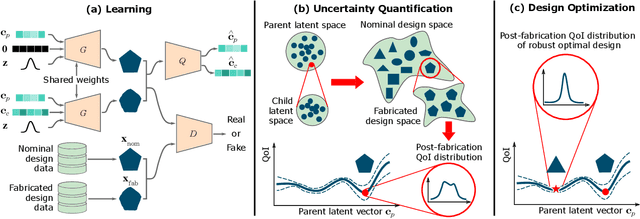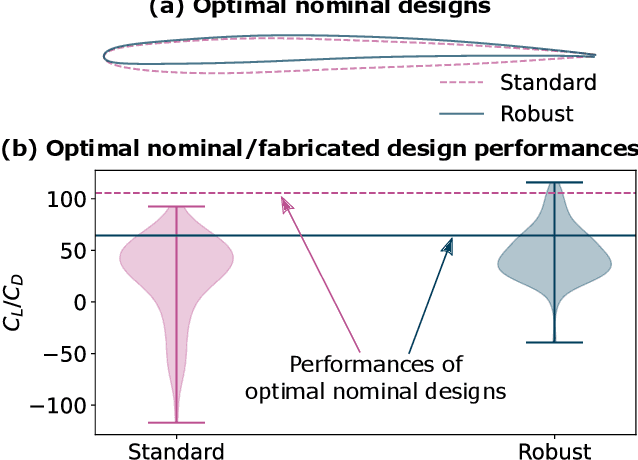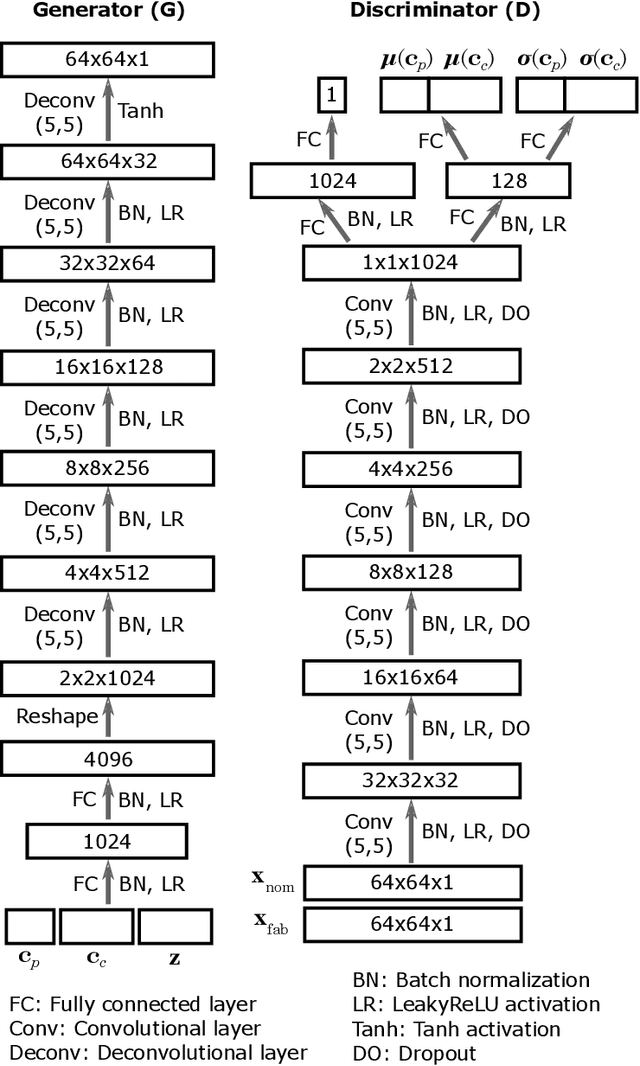Wei Wayne Chen
Data-Driven Design for Metamaterials and Multiscale Systems: A Review
Jul 01, 2023Abstract:Metamaterials are artificial materials designed to exhibit effective material parameters that go beyond those found in nature. Composed of unit cells with rich designability that are assembled into multiscale systems, they hold great promise for realizing next-generation devices with exceptional, often exotic, functionalities. However, the vast design space and intricate structure-property relationships pose significant challenges in their design. A compelling paradigm that could bring the full potential of metamaterials to fruition is emerging: data-driven design. In this review, we provide a holistic overview of this rapidly evolving field, emphasizing the general methodology instead of specific domains and deployment contexts. We organize existing research into data-driven modules, encompassing data acquisition, machine learning-based unit cell design, and data-driven multiscale optimization. We further categorize the approaches within each module based on shared principles, analyze and compare strengths and applicability, explore connections between different modules, and identify open research questions and opportunities.
ET-AL: Entropy-Targeted Active Learning for Bias Mitigation in Materials Data
Dec 07, 2022



Abstract:Growing materials data and data-driven informatics drastically promote the discovery and design of materials. While there are significant advancements in data-driven models, the quality of data resources is less studied despite its huge impact on model performance. In this work, we focus on data bias arising from uneven coverage of materials families in existing knowledge. Observing different diversities among crystal systems in common materials databases, we propose an information entropy-based metric for measuring this bias. To mitigate the bias, we develop an entropy-targeted active learning (ET-AL) framework, which guides the acquisition of new data to improve the diversity of underrepresented crystal systems. We demonstrate the capability of ET-AL for bias mitigation and the resulting improvement in downstream machine learning models. This approach is broadly applicable to data-driven materials discovery, including autonomous data acquisition and dataset trimming to reduce bias, as well as data-driven informatics in other scientific domains.
Hierarchical Deep Generative Models for Design Under Free-Form Geometric Uncertainty
Mar 09, 2022



Abstract:Deep generative models have demonstrated effectiveness in learning compact and expressive design representations that significantly improve geometric design optimization. However, these models do not consider the uncertainty introduced by manufacturing or fabrication. Past work that quantifies such uncertainty often makes simplifying assumptions on geometric variations, while the "real-world", "free-form" uncertainty and its impact on design performance are difficult to quantify due to the high dimensionality. To address this issue, we propose a Generative Adversarial Network-based Design under Uncertainty Framework (GAN-DUF), which contains a deep generative model that simultaneously learns a compact representation of nominal (ideal) designs and the conditional distribution of fabricated designs given any nominal design. This opens up new possibilities of 1)~building a universal uncertainty quantification model compatible with both shape and topological designs, 2)~modeling free-form geometric uncertainties without the need to make any assumptions on the distribution of geometric variability, and 3)~allowing fast prediction of uncertainties for new nominal designs. We can combine the proposed deep generative model with robust design optimization or reliability-based design optimization for design under uncertainty. We demonstrated the framework on two real-world engineering design examples and showed its capability of finding the solution that possesses better performances after fabrication.
 Add to Chrome
Add to Chrome Add to Firefox
Add to Firefox Add to Edge
Add to Edge